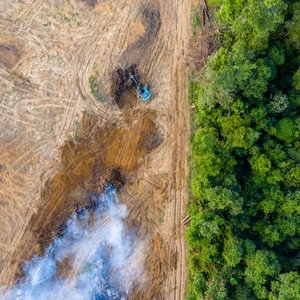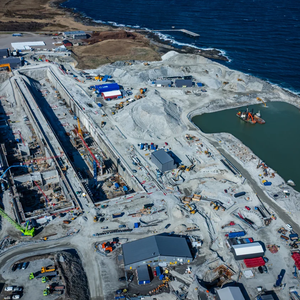Pacific Aquaculture Caucus Plans First-Ever U.S. Workshop on Integrated Multi-Trophic Aquaculture
The Pacific Aquaculture Caucus is organizing the first-ever U.S. workshop to explore Integrated Multi-Trophic Aquaculture on September 14-15, 2010, at Peninsula College in Port Angeles, Washington. The workshop is limited to the first 150 registrants.
Also known as IMTA, this evolving approach to seafood production emphasizes an ecosystem management approach where ‘fed’ species, such as finfish or shrimp, are farmed in close proximity to species that can ‘extract’ nutrients from the water column, such as shellfish and seaweed. The workshop will highlight findings from IMTA pilot projects in Kyuquot Sound, on the West Coast of Vancouver Island, B.C.; Hood Canal, Washington; San Antonio, Texas; and Sanggou Bay, China. The goal of the workshop is an improved understanding of IMTA by U.S. aquaculturists, academics, researchers, and environmental organizations.
The workshop will kick off with a full day of presentations and discussion on all aspects of IMTA from the current experts in this field on system design, candidate species, environmental monitoring and effects, economic sustainability, and social acceptance. Two key speakers will be Dr. Stephen Cross, Director of the Coastal Aquaculture Research and Training Network at the University of Victoria in British Columbia, and Dr. Joao Ferreira of the Ecosystems Approach for Sustainable Aquaculture at the New University of Lisbon in Portugal.
In addition to the Pacific Aquaculture Caucus, sponsors include Peninsula College, the NOAA Aquaculture Program, and the Illinois Soybean Association.
More information and to register. Contact:Professor Jack Ganzhorn. The fee for the workshop is $25.







